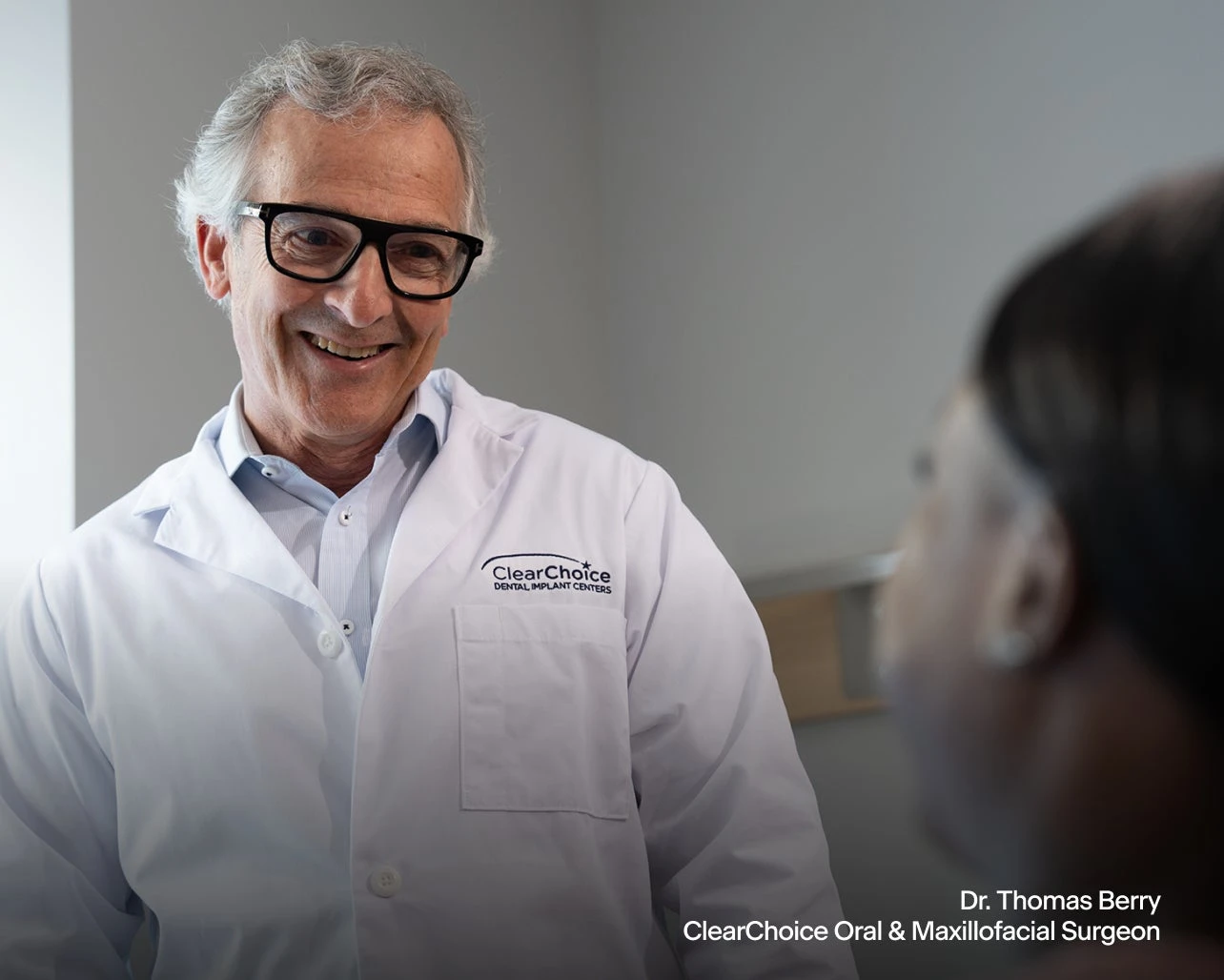What is an Oral and Maxillofacial Surgeon?
Oral and maxillofacial surgeons are dental specialists trained to perform a wide range of surgical procedures to correct problems of the mouth, jaws, face, and neck. Their expertise extends beyond basic dental care to include complex treatments that are essential for oral health and function.

Training and Certification
Oral and maxillofacial surgeons undergo extensive training. After completing dental school, they pursue an additional three years of training and education. This advanced education includes anesthesia, pathology, and surgical techniques. Furthermore, board certified oral and maxillofacial surgeons must also pass rigorous exams to become certified by the American Board of Oral and Maxillofacial Surgery.
Common Procedures Performed
Dental Implants and Bone Grafting
One of the most common procedures performed by oral and maxillofacial surgeons is placing dental implants. Dental implants serve as artificial tooth roots, providing a stable foundation for replacement teeth. Bone grafting is often sometimes necessary to build up bone in areas where it has deteriorated before dental implant surgery, ensuring the implants are securely anchored.
Dental Implants
Provide a long-term solution for missing teeth.
Bone Grafting
Rebuilds and restores lost bone in the jaw before dental implants can be placed.
Tooth Extractions
Removing impacted or problematic teeth.

When to See an Oral and Maxillofacial Surgeon
You might wonder when to see an oral surgeon versus a general dentist. While your general dentist handles routine care like cleanings and fillings, an oral surgeon steps in for more complicated issues. You should consider seeing an oral and maxillofacial surgeon for:
Oral Pathology: Diagnosing and treating diseases of the mouth.
Facial Trauma: Treating injuries to the face, jaw, and mouth.
Oral Cancer: Diagnosing and surgically treating oral cancers.

Choosing the Right Oral and Maxillofacial Surgeon
Selecting the right provider for your dental needs is crucial. Here are some tips:
Experience: Look for someone with extensive experience in the specific procedure you need.
Consult Reviews: Read patient testimonials and reviews.
Consultation: Schedule a consultation to discuss your case and feel comfortable with the surgeon's approach.
Frequently Asked Questions
What qualifications do Oral and Maxillofacial Surgeons have?
Oral and Maxillofacial Surgeons undergo extensive education and training, including dental school, a surgical residency, and often additional certification. They are board-certified by The American Board of Oral and Maxillofacial Surgery (ABOMS).
When should I see an Oral and Maxillofacial Surgeon?
You should see an oral and maxillofacial surgeon for complex dental issues, such as impacted teeth, jaw alignment problems, facial injuries, oral cancers, and certain cosmetic procedures. Your general dentist will typically refer you if specialized care is needed.
What types of procedures do Oral and Maxillofacial Surgeons perform?
They perform a wide range of procedures, including wisdom teeth removal, dental implants, corrective jaw surgery, facial trauma repair, oral cancer treatment, cleft lip/palate surgery, and various cosmetic facial surgeries.
How do I choose the right Oral and Maxillofacial Surgeon?
Look for board certification, experience, patient reviews, and a thorough consultation process. It’s important to choose a surgeon who makes you feel comfortable and confident in their expertise.
Meet with a Specialist Today
Ready to take the next step? Schedule a consultation and meet with a dental implant expert today and ensure your dental health is in the best hands.
